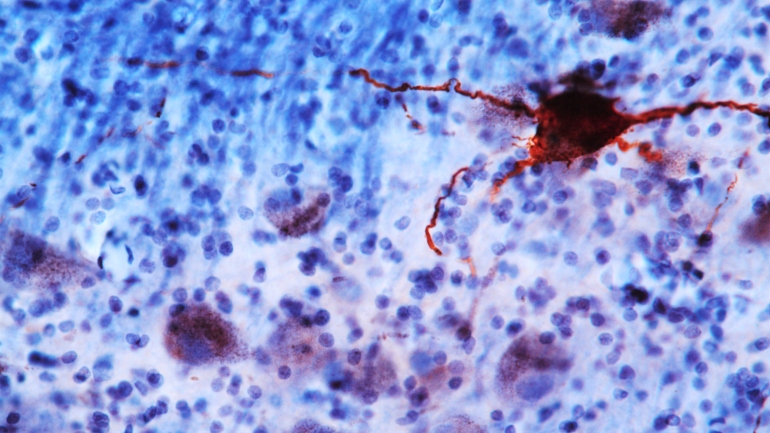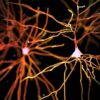Alzheimer’s disease is known to be a condition derived from accumulation of specific brain cells referred to as amyloid-beta. New research in PNAS by the University of Manchester finds that blood vessels in the brain may also be involved.
According to research, a smaller version of the protein referred to as amyloid-β 1-40 accumulates in the walls of small arteries. Ultimately, one of the outcomes is memory loss.
“Here we probed the roles of principal vasodilatory pathways in cerebral arteries using the APP23 mouse model of Alzheimer’s disease, in which amyloid precursor protein is increased approximately sevenfold, leading to neuritic plaques and cerebrovascular accumulation of amyloid-β similar to those in patients with Alzheimer’s disease,” the authors emphasized in their PNAS report.
“These data direct future research toward approaches that reverse this dual vascular channel dysfunction, with the ultimate aim of restoring healthy cerebral blood flow and improving clinical outcomes.”
“Our results will direct further research to restore cerebrovascular function, which is damaged in Alzheimer’s disease, leading to potentially new treatment options,” the authors deduced from their findings.


